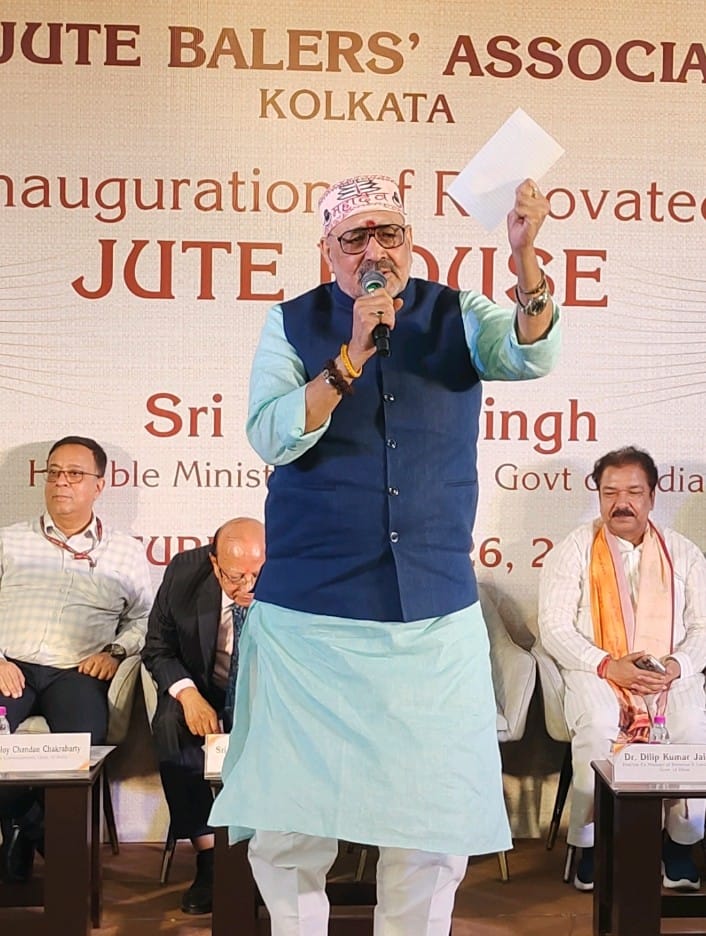
The Author : Md Nayeem mdnayeem2009@gmail.com
Nuclear weapons are not a guarantee of a nation’s or humanity’s security; rather, they are a symbol of destruction. Their use can plunge the world into such darkness where the very idea of life becomes unimaginable. This terrifying invention of the modern age has brought humankind to the brink of annihilation. Although these weapons were used at the end of World War II in Hiroshima and Nagasaki, their effects still live on as a warning etched in the pages of history. Their primary objective is to completely destroy the enemy, but they also have deep and long-term impacts on humans, animals, the environment, and future generations. The need of the hour is for all nations to unite against these weapons to ensure a safe and peaceful future for coming generations.
Use of Nuclear Weapons:
The use of nuclear weapons is considered the last and most destructive option in warfare. They not only obliterate the enemy’s military infrastructure but also destroy civilians, hospitals, schools, and the basic structures of life. Once used, the affected area cannot return to normalcy for decades.
Impact on Human Health:
The immediate effects of a nuclear explosion include intense heat, shockwaves, and radiation, all of which can incinerate the human body in an instant. Burns, loss of vision, and failure of internal organs are common outcomes. Those who do not die immediately may suffer from serious illnesses like cancer, blood disorders, and birth defects due to radiation exposure.
Environmental Impact:
Nuclear weapons severely pollute the air, water, and land of the Earth. Radioactive dust and particles spread through the atmosphere and reach distant areas through rain, a phenomenon known as “radioactive fallout.” This reduces soil fertility, harms aquatic life, and disrupts ecological balance.
Social and Economic Impact:
After such devastation, societies go through psychological, social, and economic crises. Homes, jobs, and essential services are wiped out. Large numbers of refugees are created, and rebuilding becomes a massive challenge for governments. On an international level, such destruction poses a serious threat to global peace.
Responsibility of the Global Community:
The United Nations and several other international organizations are working to prevent the spread of nuclear weapons and promote disarmament. Agreements like the “NPT” (Nuclear Non-Proliferation Treaty) indicate that the world recognizes this danger, but there is a lack of strong political will for effective implementation. To prevent another nuclear war, global unity, public awareness, and firm political commitment are urgently needed.








